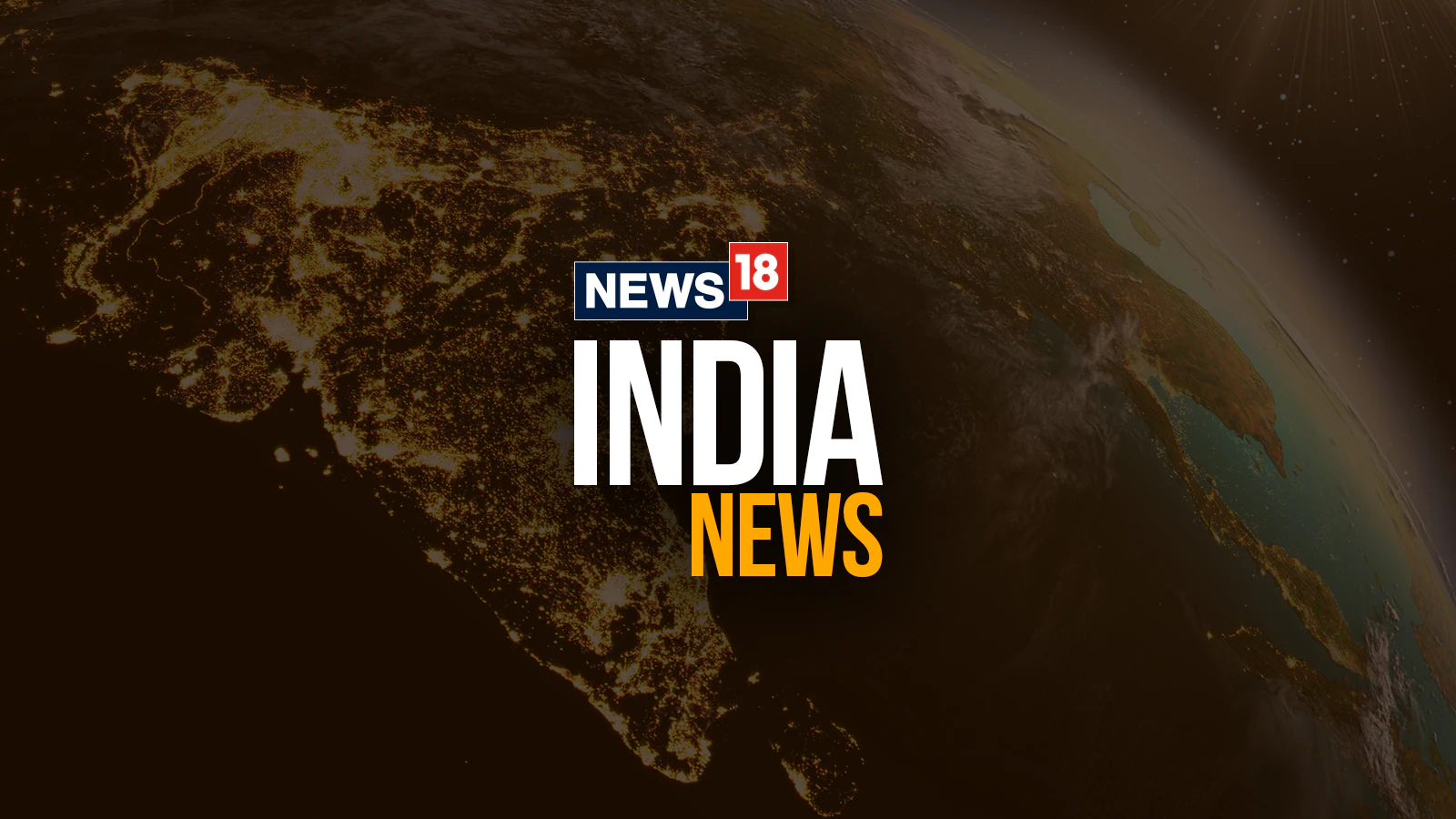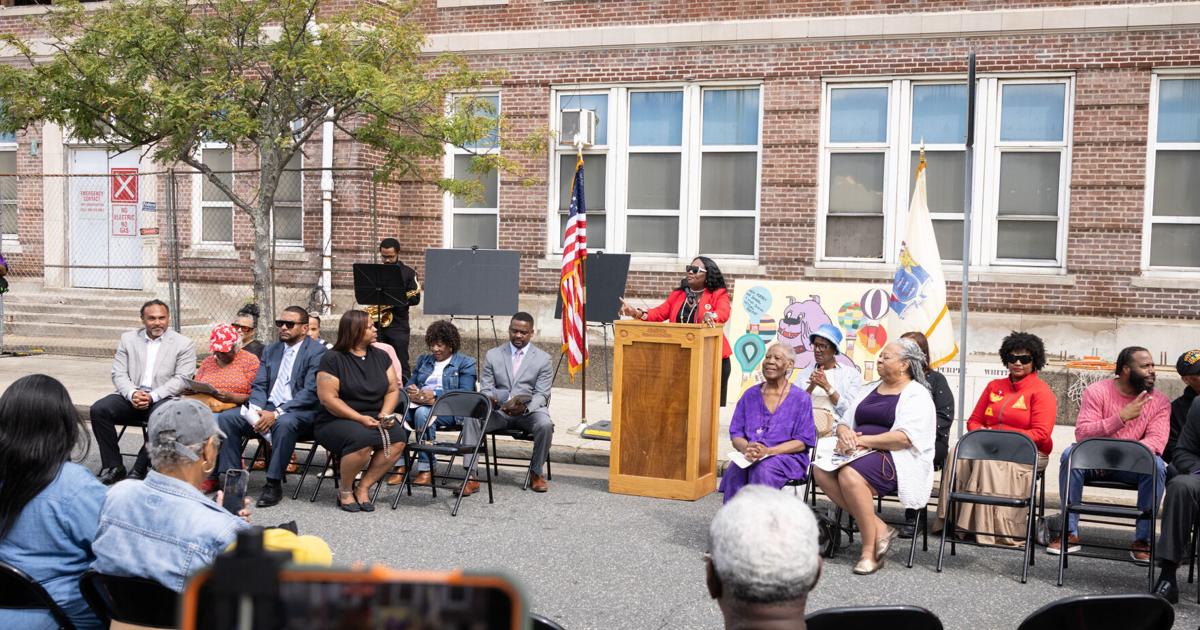
Sexual health-related TikToks have been linked to misinformation and potentially dangerous advice—particularly when related to abortion.
This is the finding of a cross-sectional study led by student Angeli Sirilan of the University of Arizona College of Medicine, which involved creating a TikTok account representing a 15-year-old.
With previous research suggesting around four in 10 young adults regularly turn to TikTok as a source of news and indicating young women particularly use the platform for health information—either intentionally or unintentionally—researchers set out to look into this in real time.
The results are due to be presented at the American Academy of Pediatrics 2025 National Conference & Exhibition on Sunday September 28.
On creating the teen-representing account, researchers searched for videos to determine the medical accuracy, whether made by a medical professional or not.
Two reviewers independently examined the top 10 videos in English under three minutes that appeared under 10 keywords related to sexual and reproductive health.
The total 100 videos were classified by each reviewer as accurate, inaccurate or neutral.
They discovered 21.4 percent of the videos created by non-medical professionals contained inaccurate information, in comparison to 3.4 percent created by medical professionals.
The types of misinformation varied but included dangerous advice such as inducing an abortion, they said.
“With major variation in school-based health classes, young people often turn to online platforms like TikTok for answers. This highlights the urgent need for educators, parents, and public health leaders to improve both sexual and reproductive health education and social media literacy,” study author Sirilan said in a statement.
More than a quarter (26.7 percent) of videos with abortion-related search terms contained inaccurate information, in comparison to 4.3 percent of “other medically centered videos.”
The researchers also assessed whether the content was posted by a medical professional or promoted unsafe behavior. Of the videos analyzed, 58 percent were created by healthcare professionals, who were more likely to be accurate.
Search terms related to abortion—including how to get an abortion, induced miscarriage and pill abortion—produced more inaccurate videos.
The same terms, according to the researchers, were the only terms associated with videos promoting unsafe practices.
The researchers acknowledge TikTok can be a “valuable tool” to spread access to reproductive health information among adolescents, and videos created by healthcare professionals are often the most accurate sources of information on the platform.
However, they flag abortion as an area for healthcare professionals to pay closer attention to due to the higher rates of misinformation circulating, and suggest stricter oversight on inaccurate videos could be beneficial, including social media companies’ responsibility in this.
They also highlight that increased exposure to sexual health misinformation may contribute to risky behaviors.
All evaluations were conducted independently by each reviewer to ensure unbiased results, the team said, with the reliability of their ratings calculated using specific statistical measurements. This “inter-rater” reliability was reportedly 98 percent for judgment of accuracy.
Under ‘Misinformation’ on TikTok’s website, it reads in part: “In a global community, people will have different opinions—but we aim to ground those conversations in facts. That’s why we don’t allow misinformation that could cause significant harm to individuals or society, no matter the intent of the person posting it. This includes hoaxes, misleading AIGC, harmful conspiracy theories, and other false information related to public safety, crises, or major civic events—when such content may lead to violence or cause public panic. We work with independent fact-checkers and experts to assess the accuracy of content, and we factor their assessments into our moderation decisions.”
Newsweek has reached out to the study author and TikTok for additional comment.
Do you have a tip on a health story that Newsweek should be covering? Do you have a question about online misinformation? Let us know via health@newsweek.com.
References
Sirilan, A. (2025, March 25). Digital misinformation and public health: A cross-sectional analysis of sexual health content on TikTok [Conference abstract]. In 2025 Call for Abstracts: Council on Adolescents and Young Adults.



